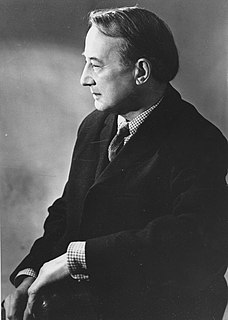A Quote by Philip Sidney
It depends on education--that holder of the keys which the Almighty hath put into our hands--to open the gates which lead to virtue or to vice, to happiness or misery.
Related Quotes
Disease is the misery of our belief, happiness is the health of our wisdom, so that man's happiness or misery depends on himself. Now, as our misery comes from our belief, and not from the thing believed, it is necessary to be on the watch, so as not to be deceived by false guides. Sensation contains no intelligence or belief, but is a mere disturbance of the matter, called agitation, which produces mind, and is ready to receive the seed of error. Ever since man was created, there has been an element called error which has been busy inventing answers for every sensation.
We are not to renounce our senses and experience, nor (that which is the undoubted Word of God) our natural Reason. For they are the talents which he hath put into our hands to negotiate, till the coming again of our blessed savior, and therefore not to be folded up in the napkin of an implicate faith, but employed in the purchase of justice, peace, and true religion. For though there be many things in God's Word above Reason--that is to say, which cannot by natural reason be either demonstrated or confuted--yet there is nothing contrary to it.
There is one vice of which no man in the world is free; which every one in the world loathes when he sees it in someone else; and of which hardly any people, except Christians, ever imagine that they are guilty themselves. […] There is no fault which makes a man more unpopular, and no fault which we are more unconscious of in ourselves.[…]The vice I am talking of is Pride or Self-Conceit: and the virtue opposite to it, in Christian morals, is called Humility.
Ibn Ata' Allah said: "God may open up for you the gates of obedience, but without opening up for you the gates of acceptance. On the other hand, He may Allow you to fall into disobedience which happens to lead you to the right path. DISOBEDIENCE that teaches you HUMILITY is better than PIETY that fills you with VANITY and ARROGANCE.






































